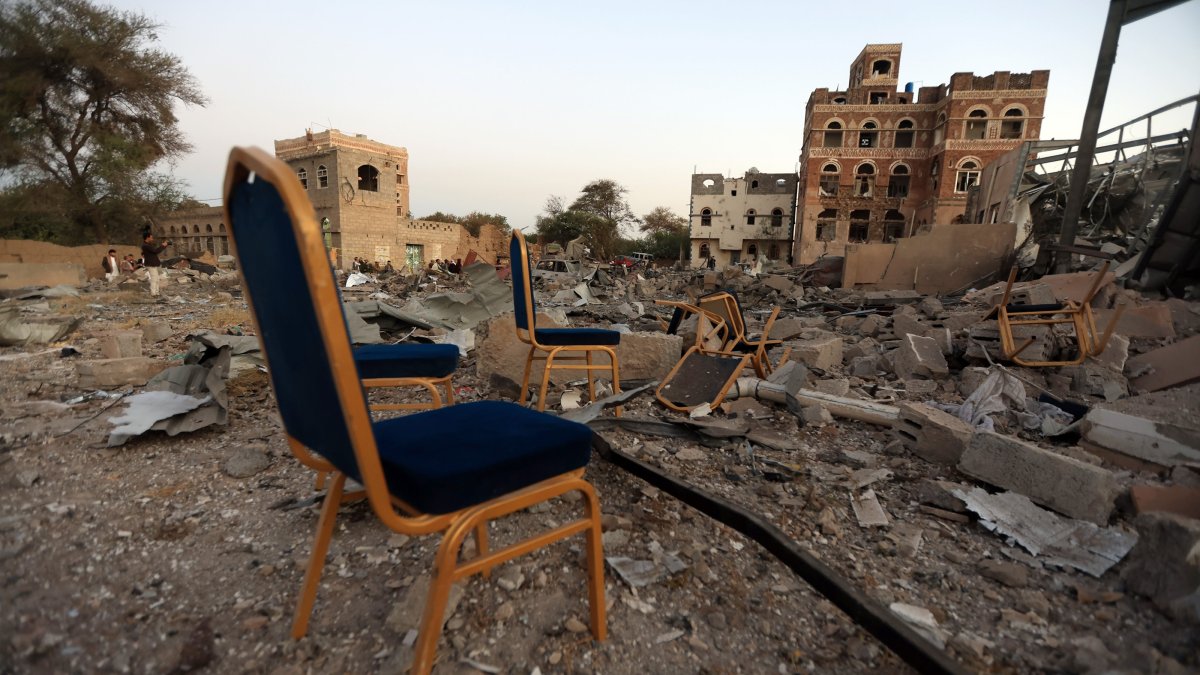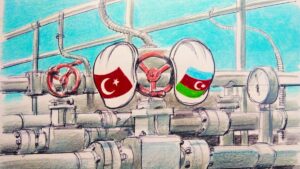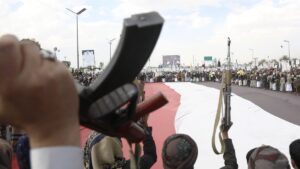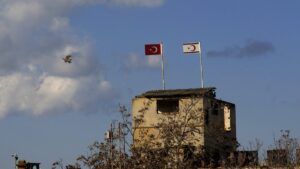The recent U.S. airstrikes against Yemen’s Houthis intended to safeguard Red Sea shipping lanes risk entangling the United States in a protracted conflict against a resilient adversary that has previously withstood protracted wars.
On March 15-19, 2025, the U.S. launched a series of air and naval operations against Yemen’s Iran-backed Houthi rebels, marking a critical escalation in regional hostilities. Framed as a necessary measure to protect maritime security in the Red Sea, the operations targeted key Houthi military infrastructure, including air defense systems, missile launch sites and radar installations in various Houthi-controlled areas.
The operations came in direct response to the Houthis’ renewed assaults on international shipping, which they justified as acts of solidarity with Palestinians amid Israeli brutality in Gaza. However, the operations also reignited long-standing geopolitical tensions, particularly between the U.S. and Iran, as the Houthis quickly retaliated with missile and drone attacks against U.S. naval assets and aircraft carriers.
As the U.S. Department of Defense signals the continuation of military action until Red Sea security is secured, the unfolding situation raises critical questions about the long-term implications of yet another American intervention in the Middle East. Will this campaign achieve its intended security objectives, or will it deepen an already volatile conflict with unintended geopolitical consequences?
Resilience narrative
The recent U.S. operations against Houthis may inadvertently bolster the group’s internal support by reinforcing their narrative as steadfast defenders against foreign intervention. Historically, the Houthis have leveraged their resilience against powerful adversaries to consolidate power within Yemen.
In the aftermath of the U.S. operations, tens of thousands of Yemenis participated in rallies protesting the strikes, signaling a surge in anti-American sentiment and increased solidarity with the Houthis. This reaction underlines the potential for external military interventions to unify diverse Yemeni factions under Houthi leadership, thereby enhancing their legitimacy and consolidating their power base in Yemen.
Such developments highlight how foreign interventions intended to weaken militant groups can paradoxically strengthen them by amplifying nationalist sentiments and reinforcing their resistance narratives.
Israel-Iran axis
U.S. President Donald Trump’s recent authorization of extensive operations against Yemen’s Houthi rebels sends a strategic message to Iran, emphasizing Washington’s commitment to countering Tehran’s influence in the region. By targeting the Houthis – an Iran-aligned group – the U.S. aims to deter Iran’s support for proxy forces destabilizing the Middle East. Trump explicitly warned Iran that it would “suffer the consequences” for further attacks by the Houthis, underscoring the administration’s stance that actions by Iranian-backed groups are equivalent to actions by Iran itself.
This approach reflects the broader geopolitical significance of Yemen amid escalating Israel-Iran tensions, positioning the country as a critical front in the struggle for power in the Middle East. As a result, military actions against the Houthis are seen as indirect confrontations with Iran, potentially escalating regional conflicts.
The situation highlights the complex dynamics of proxy warfare, where local conflicts are deeply intertwined with the international struggle for power, making straightforward solutions elusive.
Unintended consequences
Trump’s launch of extensive operations against Yemen’s Iran-aligned Houthi rebels, intended to safeguard maritime interests, carries significant risks of unintended consequences that could destabilize the region and jeopardize the security of U.S. allies.
U.S. military actions have resulted in substantial civilian casualties, with reports indicating at least 53 deaths, including women and children. Such collateral damage is likely to fuel anti-American sentiment not only among the Houthis but also across the broader Middle East. This heightened animosity could catalyze further hostilities, potentially leading to retaliatory attacks against U.S. interests and allies in the region.
Rather than deterring the Houthis, the operations may bolster their resolve. The group has declared its intention to continue attacks on Israeli shipping in the Red Sea despite U.S. military pressure and Iran’s appeals for moderation. This defiance underscores the potential for U.S. military engagements to strengthen the very adversaries they aim to weaken inadvertently.
The escalation in Yemen risks broader regional destabilization. The Houthis’ alignment with Iran positions Yemen as a critical front in the Middle East power struggle. As a result, U.S. military actions against the Houthis are perceived as indirect confrontations with Iran, complicating U.S. objectives and potentially escalating regional conflicts. This dynamic threatens the security of U.S. allies, particularly those near Yemen, such as Saudi Arabia and other Gulf states, which could become targets of Houthi retaliation.While the intention behind the U.S. operations is to protect maritime interests, the potential unintended consequences – including the escalation of hostilities, the bolstering of Houthi resolve and regional military destabilization – pose significant dangers to both the region and U.S. allies. A comprehensive strategy considering these risks is essential to avoid exacerbating the conflict and undermining regional stability.




















































Be First to Comment